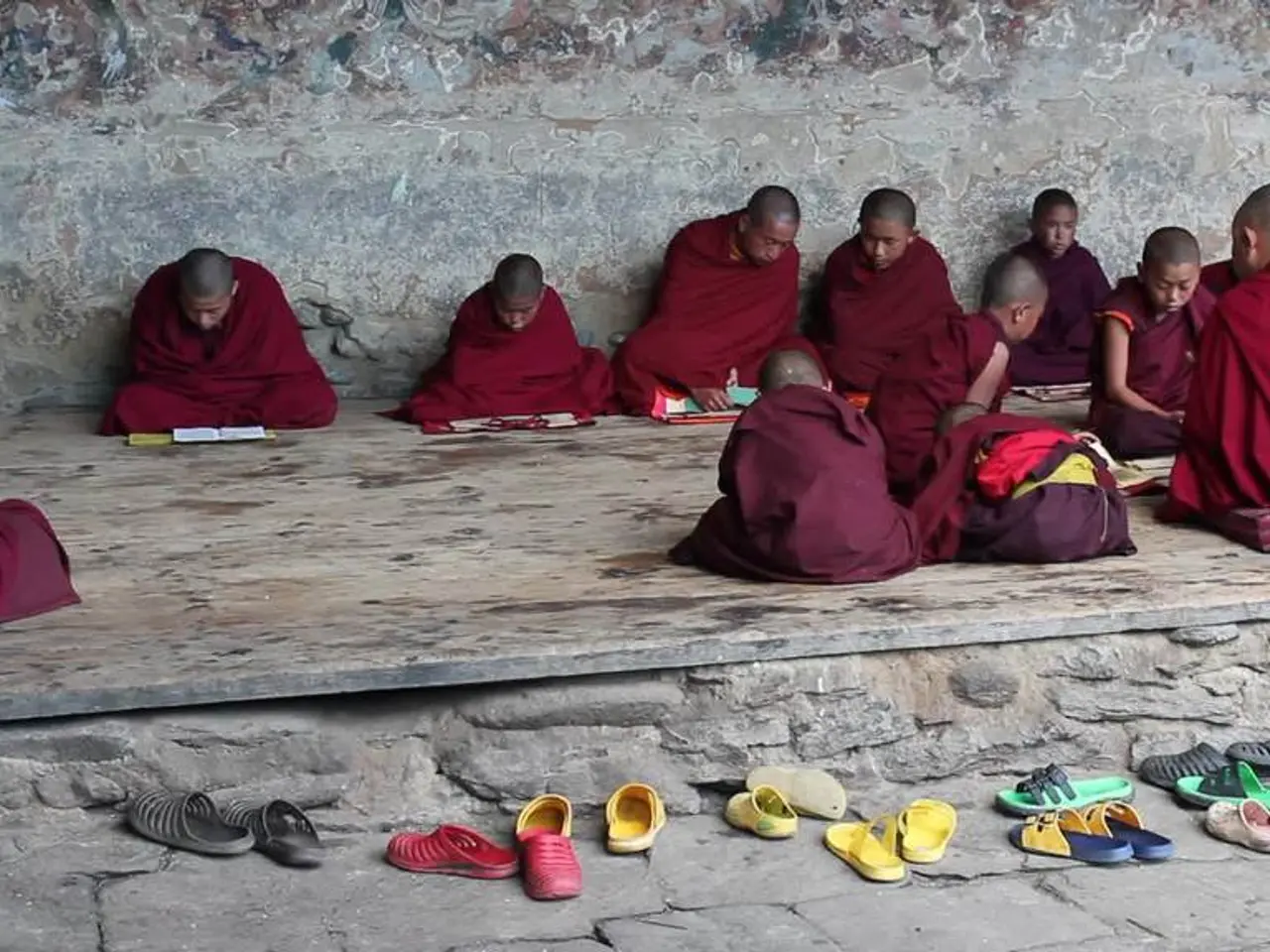Monthly income of Thai monks disclosed
The Nittayapat system, a centuries-old tradition in Thailand, provides monthly food allowances to Buddhist monks and novices. This system originates from royal patronage, where Thai monarchs demonstrated their Buddhist faith by offering meals, requisites, and stipends to the clergy. The transition from annual payments to monthly allowances occurred during the reign of King Rama I.
This system represents ongoing support from His Majesty the King, ensuring monks can maintain basic living standards and focus on their spiritual duties without financial concerns. The allowances vary depending on the monk’s ecclesiastical rank, reflecting their status within the Buddhist monastic community.
Currently, the Department of Religious Affairs under Thailand’s Ministry of Education administers the Nittayapat program. The department distributes these funds annually, supporting religious activities such as administration, governance, religious education, Buddhist propagation, and public welfare services. Thus, the system functions as part of the broader state support for Buddhist institutions.
Regarding taxation, Nittayapat payments and ceremonial offerings (e.g., Kathin) are not taxable income under the Revenue Code's Section 42 (10), classified as income for maintenance according to moral and customary duty. However, any income generated by monks from investing these donations or earnings from salaried teaching positions at Buddhist universities are subject to taxation under appropriate sections of the tax code.
The Nittayapat system continues to embody Thailand's long-standing tradition of royal and state support for the Buddhist monastic community, adapted with government administration in the modern era to ensure sustainable religious and social functions.
Key allowances include:
- The allowance for the Ecclesiastical Regional Governor is 17,100 baht per month. - The allowance for Phra Racha Khana of the Raja Class is 4,100 baht per month. - The allowance for Phra Racha Khana of the Saman Yok Class is 3,800 baht per month. - The allowance for Phra Kru Palad Phra Racha Khana is 3,800 baht per month. - The allowance for the Head of the Royal Pali Studies Office is 17,100 baht per month. - The allowance for the Abbot of the First Class Royal Monastery is 4,800 baht per month. - The allowance for Phra Racha Khana is 13,700 baht per month. - The allowance for Somdej Phra Sangharaja (Supreme Patriarch) is 34,200 baht per month. - The allowance for Somdej Phra Racha Khana is 27,400 baht per month. - The allowance for Somdej Phra Racha Khana of the Second Class is 20,500 baht per month. - The allowance for Phra Paritta Wat Chana Songkhram is 1,800 baht per month. - The allowance for Graduates of Parian Nine is 5,500 baht per month. - The allowance for Phra Racha Khana of the Dharma Class is 10,300 baht per month. - The allowance for Phra Racha Khana of the Deba Class is 6,900 baht per month. - The allowance for Phra Kru Sanyabat, Ecclesiastical District Officer of the Special Class is 3,800 baht per month.
References: [1] Department of Religious Affairs (2021). Nittayapat System. Retrieved from https://www.dra.go.th/nittayapat-system/ [2] The Bangkok Post (2018). Nittayapat allowances for monks not taxable, says Revenue Department. Retrieved from https://www.bangkokpost.com/thailand/general/1545233/nittayapat-allowances-for-monks-not-taxable-says-revenue-department
Personal finance for monks in Thailand is ensured through the Nittayapat system, which distributes monthly allowances based on their ecclesiastical rank. These allowances, administered by the Department of Religious Affairs, vary significantly, with some reaching up to 34,200 baht per month for the Supreme Patriarch.




